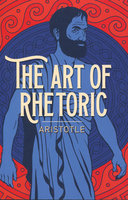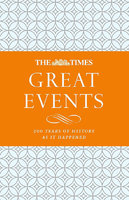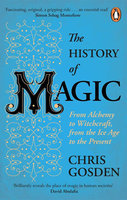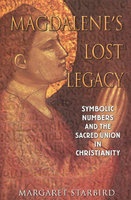New, Quality Gift Books - 50-90% off - over 2500 titles
Your basket is empty.
Categories Last Chance to buy! ARISTOTLE: From Antiquity to The Modern Era
ARISTOTLE: From Antiquity to The Modern Era
Book number: 93893
Product format: Hardback
In stock
Bibliophile price
£7.00
Published price
£30
Customers who bought this product also bought
|
|
TIMES GREAT EVENTS: A Modern History Spanning 200 Years
Book number: 94155
Product format: Hardback
Bibliophile price
£9.50
Published price
£20
|
MY FRIEND MR CAMPION AND OTHER MYSTERIES
Book number: 83586
Product format: PAPERBACK
Bibliophile price
£6.99
|
|
HISTORY OF MAGIC
Book number: 94823
Product format: Paperback
Bibliophile price
£6.50
Published price
£12.99
|
MAGDALENE'S LOST LEGACY
Book number: 94438
Product format: Paperback
Bibliophile price
£6.00
Published price
£12.99
|
SHAKTI: An Exploration of the Divine Feminine
Book number: 94172
Product format: Hardback
Bibliophile price
£3.50
Published price
£25
|
Browse these categories as well: Last Chance to buy!, Historical Biography, Religion & Philosophy















